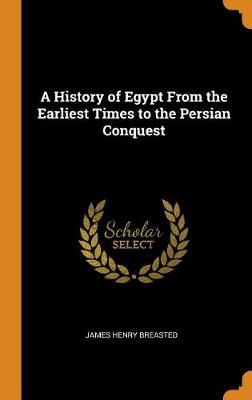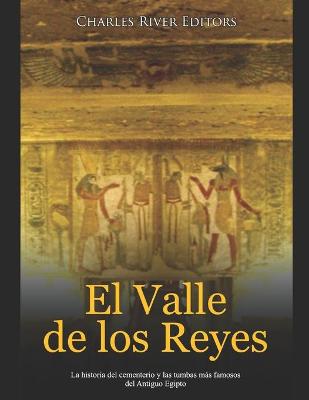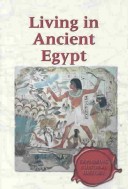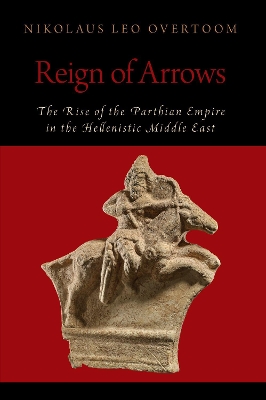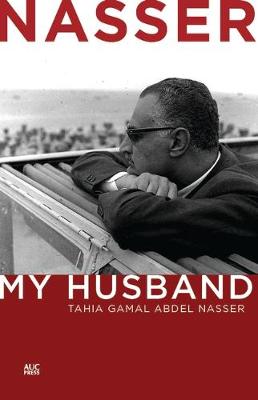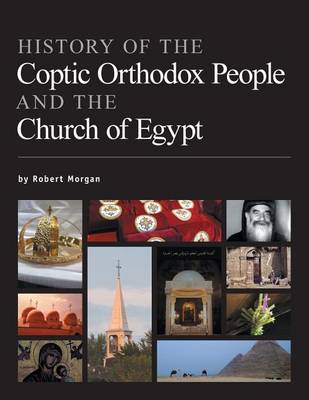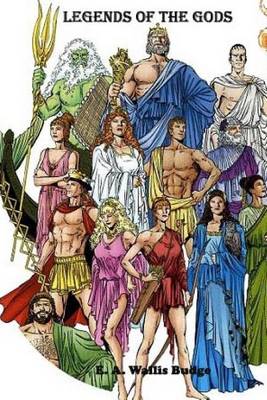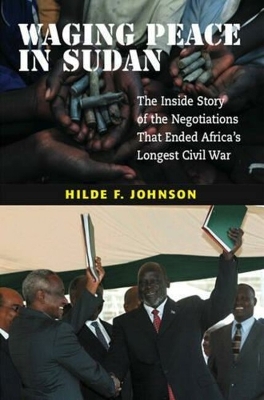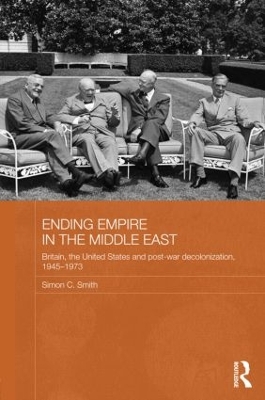A History of Egypt from the Earliest Times to the Persian Conquest
by James Henry Breasted
Living in Ancient Egypt (Exploring Cultural History S.)
by Don Nardo
Eric Rouleau was one of the most celebrated journalists of his generation, a status he owed to his extraordinary career, which began when Hubert Beuve-Mery, director of Le Monde, charged him with covering the Near and Middle East. In 1963, Rouleau was invited by Gamal Abd al-Nasser to interview him in Cairo, a move which was not lost on the young Rouleau-going through him, a young Egyptian Jew who had been exiled from Egypt in late 1951, shortly before the Free Officers coup, was a means to ren...
From its origins as a minor nomadic tribe to its status as a major world empire, the rise of the Parthian state in the ancient world is nothing short of remarkable. In their early history, the Parthians benefitted from strong leadership, a flexible and accommodating cultural identity, and innovative military characteristics that allowed them to compete against and even overcome Greek, Persian, Central Asian, and eventually Roman rivals. Reign of Arrows provides the first comprehensive study, in...
Gamal Abdel Nasser, architect of Egypt's 1952 Revolution, president of the country from 1956 to 1970, hero to millions across the Arab world since the Suez Crisis, was also a family man, a devoted husband and father who kept his private life largely private. In 1973, three years after his early passing at the age of 52, his wife Tahia wrote a memoir of her beloved husband for her family. The family then waited almost forty years, through the presidencies of Anwar Sadat and Hosni Mubarak, both u...
Through its millennium-long existence, Gaza has often been bitterly disputed while simultaneously and paradoxically enduring prolonged neglect. Jean-Pierre Filiu's book is the first com--prehensive history of Gaza in any language. Squeezed between the Negev and Sinai deserts on the one hand and the Mediterranean Sea on the other, Gaza was contested by the Pharaohs, the Persians, the Greeks, the Romans, the Byzantines, the Arabs, the Fatimids, the Mamluks, the Crusaders and the Ottomans. Napoleon...
A close reading of Wikipedia’s article on the Egyptian Revolution reveals the complexity inherent in establishing the facts of events as they occur and are relayed to audiences near and far. Wikipedia bills itself as an encyclopedia built on neutrality, authority, and crowd-sourced consensus. Platforms like Google and digital assistants like Siri distribute Wikipedia’s facts widely, further burnishing its veneer of impartiality. But as Heather Ford demonstrates in Writing the Revolution, the fa...
History of the Coptic Orthodox People and the Church of Egypt
by Robert Morgan
The Unfinished Arab Spring
Sudan is at a crossroads. The country could soon witness one of the first partitions of an African state since the colonial era. The 2005 Comprehensive Peace Agreement guarantees a referendum on self determination for Southern Sudan, which is scheduled for January 2011. The agreement ended a 20-year old civil war pitting the indigenous population against successive Arab Muslim regimes in Khartoum. By the late 1990s the international community had largely judged the war insoluble and turned its a...
Beauty in the Age of Empire
by Assistant Professor of History Raja Adal
Ending Empire in the Middle East (Routledge Studies in Middle Eastern History)
by Simon C. Smith
This book is a major and wide-ranging re-assessment of Anglo-American relations in the Middle Eastern context. It analyses the process of ending of empire in the Middle East from 1945 to the Yom Kippur War of 1973. Based on original research into both British and American archival sources, it covers all the key events of the period, including the withdrawal from Palestine, the Anglo-American coup against the Musaddiq regime in Iran, the Suez Crisis and its aftermath, the Iraqi and Yemeni revolut...
Memories and Diaries of Muhammad Farid, an Egyptian Nationalist Leader (1868-1919)
by Muhammad Farid
The battle took place at Kerreri, 11km north of Omdurman in the Sudan. Kitchener commanded a force of 8,000 British regulars and a mixed force of 17,000 Sudanese and Egyptian soldiers. He arrayed his force in an arc around the village of Egeiga close to the bank of the Nile, where a gunboat flotilla waited in support, facing a wide, flat plain with hills rising to the left and right. The British and Egyptian cavalry were placed on either flank. Al-Taashi's followers, known as Ansar and sometimes...
